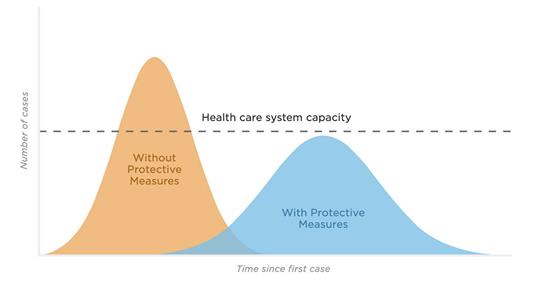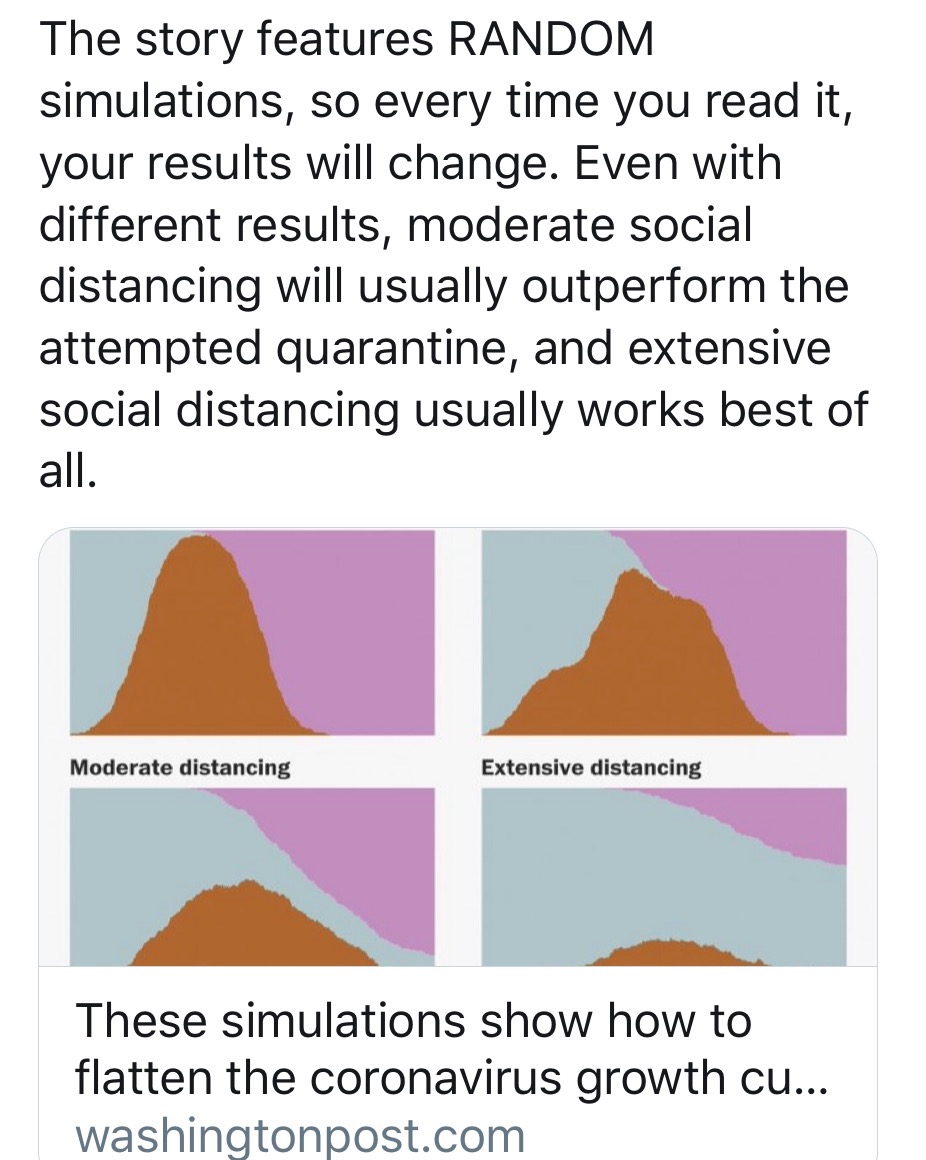Do you have friends who still insist COVID-19 is just like the flu? That we’re all overreacting? Is your middle-schooler angry with you because they’re on social lockdown? The teen sneaking out to hang with friends at Witter Field? The concept of social distancing in order to “flatten the curve” is more important than ever to understand.

In a Facebook post on Mar. 14, Edward Thornborrow, MD, Ph.D, and the senior medical director for the UCSF Clinical Laboratories made a special plea to all: “This is not specifically about protecting you or your kids from getting the virus. This is about protecting our healthcare system by slowing the spread. For most of you, this virus hopefully will pose little threat but for others it will be potentially lethal. And for that latter group, their only hope is that there is a hospital bed, a respirator and exceptionally dedicated healthcare workers available to help them. On the testing front, I have a team of some of the most dedicated individuals you will ever meet, and they are working around the clock (literally) to stay ahead of the curve with COVID-19 testing, but we need your help. PLEASE, PLEASE, PLEASE, help us flatten the curve.”
Interactive graphics in the New York Times article, “How Much Worse the Coronavirus Could Get, in Charts,” and the Washington Post article (below). Both illustrate the power of extensive social distancing and its impact on limiting the spread of COVID-19:
The point being that, as Asaf Bitton, MD, MPH, the executive director of Ariadne Labs in Boston put in another widely-shared commentary: “We must move to pandemic mitigation through widespread, uncomfortable, and comprehensive social distancing. That means not only shutting down schools, work (as much as possible), group gatherings, and public events, but also making daily choices to stay away from each other as much as possible.”
